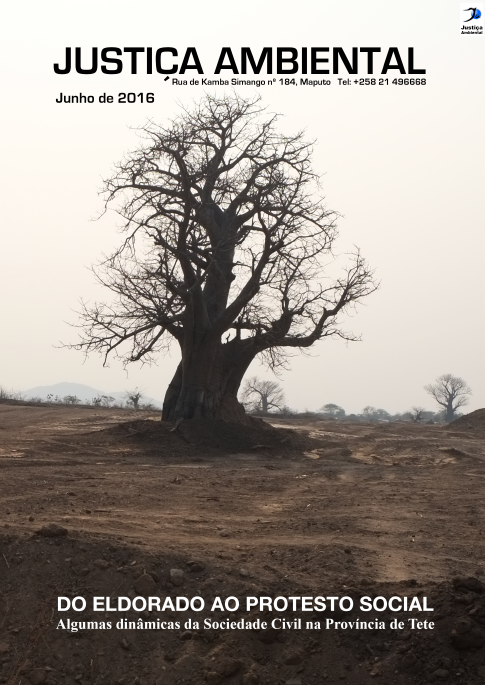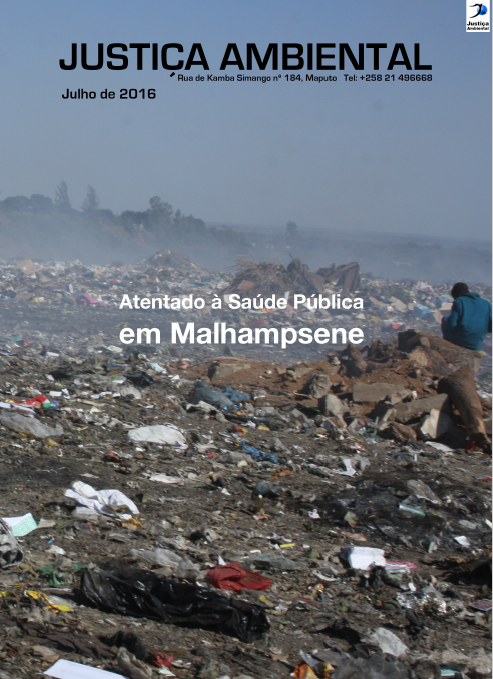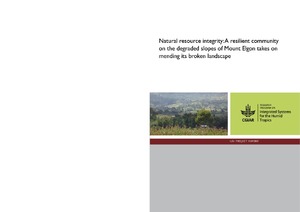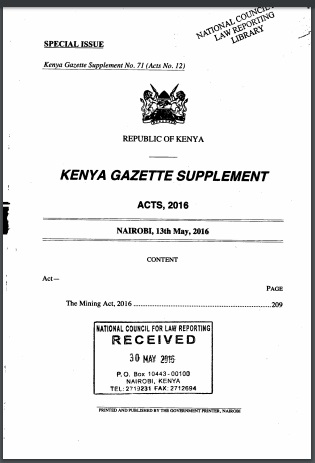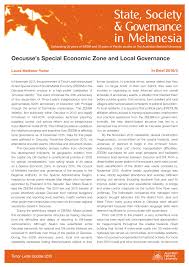TOPIC GUIDE: Governance of Natural Resources
This topic guide for government agencies, service providers and other practitioners examines various dimensions of governance that are key to deliver appropriate benefit-sharing, ensure sustainable exploitation, minimise conflict over access and control, and maximise the contribution of resources to economies. This includes decentralised and collaborative governance, multi-level and adaptive governance, and the roles of institutions and politics.



